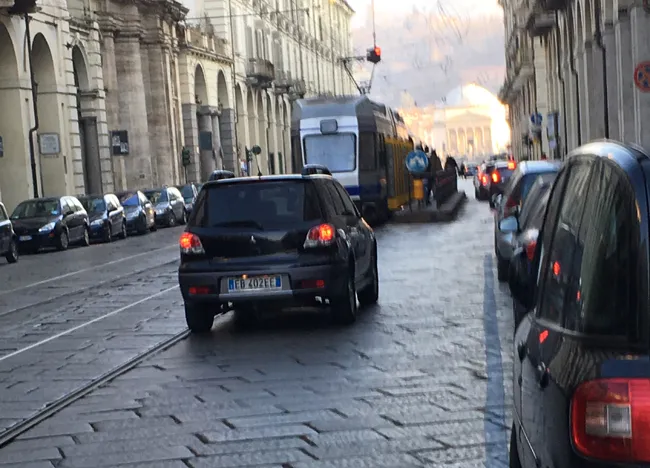The US Department of Transportation's Intelligent Transportation Systems Joint Program Office (ITS JPO) has released the following three research reports related to Connected Vehicle policy.
March 16, 2012
Read time: 2 mins
The 2364 US Department of Transportation's Intelligent Transportation Systems Joint Program Office (3278 ITS JPO) has released the following three research reports related to Connected Vehicle policy. This report describes a deployment scenario for connected vehicle infrastructure by state and local transportation agencies, together with a series of strategies and actions to be performed by 3510 American Association of State Highway and Transportation Officials (AASHTO) to support application development and deployment. This report identifies the security approach associated with a communications data delivery system that supports vehicle-to-vehicle (V2V) and vehicle-to-infrastructure (V2I) communications. The report describes the risks associated with communications security and identifies approaches for addressing those risks. It also identifies and describes the policy and institutional issues that require focus in support of implementation and operations, as well as the balance needed among the priorities of security and safety with cost, privacy, enforcement, and other institutional issues.
This report documents a governance roundtable discussion hosted by the (ITS JPO) on 20 June, 2011 at the US DOT's John A. Volpe National Transportation Systems Centre in Cambridge, Massachusetts. This discussion was organised as a first step towards establishing an on-going process for developing a governance framework for the V2V/V2I Connected Vehicle environment. The objectives of the discussion were to:
- Gather information from experts on the topic of governance and how it is defined across different industries;
- Identify multiple approaches to evaluating and developing a governance structure or model; and
- Obtain guidance from roundtable experts and observers on a set of next steps. The roundtable was structured as a one-day forum that engaged six experts in a discussion of governance from a non-transportation perspective








